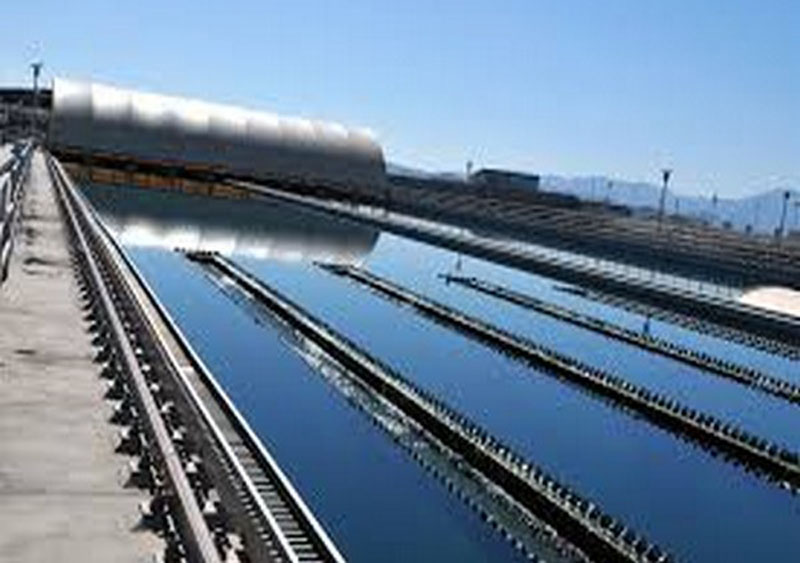Washington: A recent study in rural Kenya explored the effects of water quality, sanitation, handwashing, and nutritional interventions because of the increasing rates of the intestinal worm and Giardia infections.
The results indicated that water treatment alone was sufficient to cause an 18 per cent reduction in roundworm (Ascaris lumbricoides) infection rates. Adding sanitation and handwashing increased reduction to 22 per cent. The other parasitic infections examined did not have significant reductions from any of the interventions.
Roundworm infections can be reduced significantly simply by improving the treatment and quality of drinking water in high-risk regions, according to the study published in the journal ‘PLOS Medicine.’
Intestinal worm and protozoan infections affect more than 1 billion children worldwide and are associated with stunted growth and impaired cognitive development. These parasites often reside in the soil and contaminated drinking water or fecal-contaminated surfaces and lead to common infections in children in low resource settings.
High re-infection rates have prevented school-based mass drug administration programs from controlling the transmission of these parasitic infections. The study authors hypothesised that improved water quality, sanitation, hygiene and/or nutrition could interrupt the environmental transmission of parasites, but few trials evaluating these interventions have measured actual infections as an outcome.
In contrast to aggressive medical treatment programs, water treatment, sanitation, and handwashing approaches represent a sustainable approach to disease control.
“Out of all the interventions we tested, we were extremely surprised that water treatment appeared to be the most effective at reducing roundworm infections. Water treatment is a relatively unexplored strategy for intestinal worm control. At least 800 million people in the world are infected by a roundworm (Ascaris lumbricoides), so even a relative reduction of 18 percent from water treatment interventions could have a major beneficial impact. Our study also suggests that water treatment could complement large-scale deworming medication delivery programs in the global effort to eliminate roundworm infections,” said Amy Pickering, the first author of the study.
With reinfection rates reaching 94 per cent after deworming treatment for roundworm infection, a combined approach of mass drug administration and environmental controls (water, sanitation, hygiene) could be critical to gaining an upper hand on these endemic infections, the researchers concluded.

